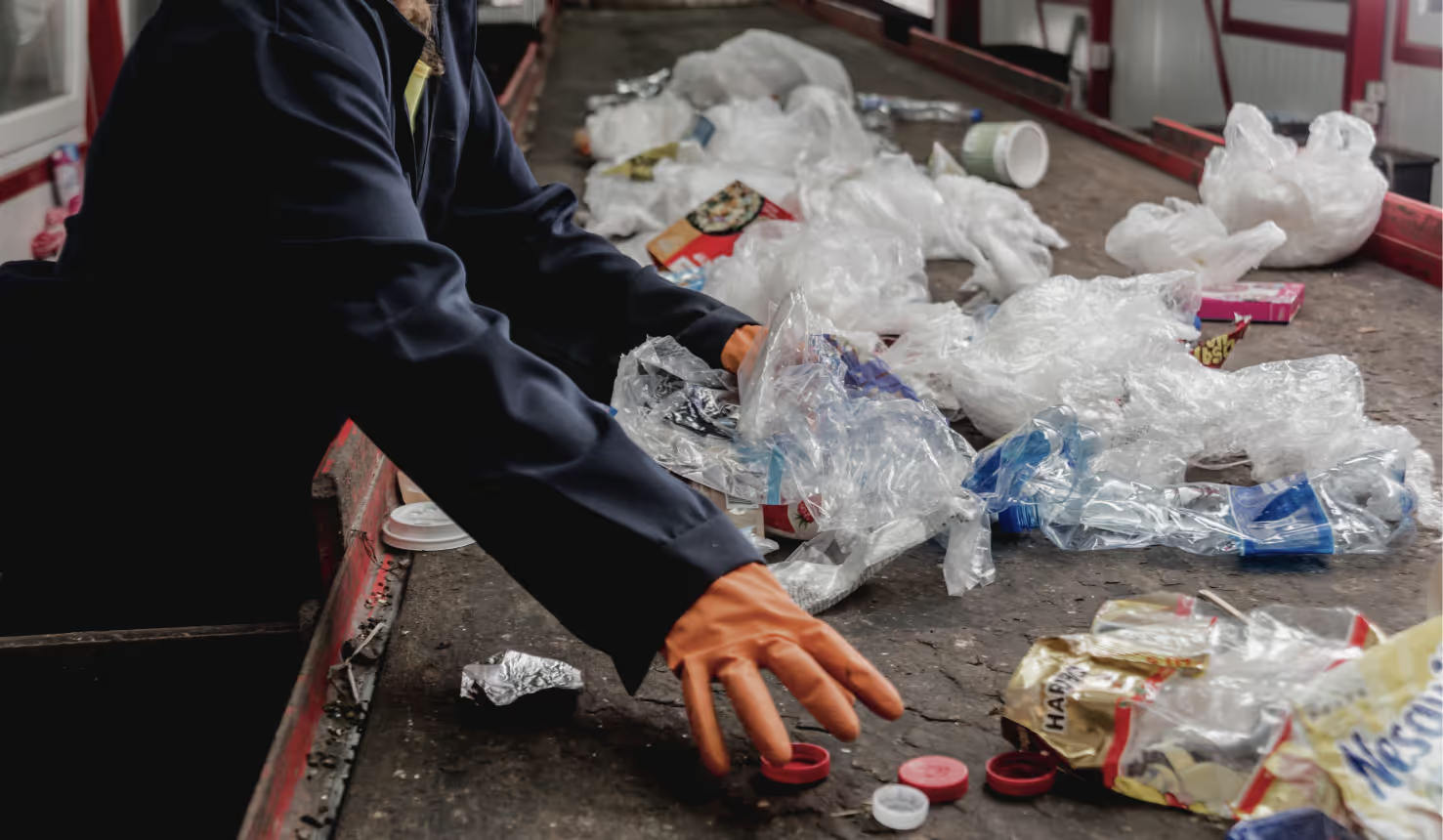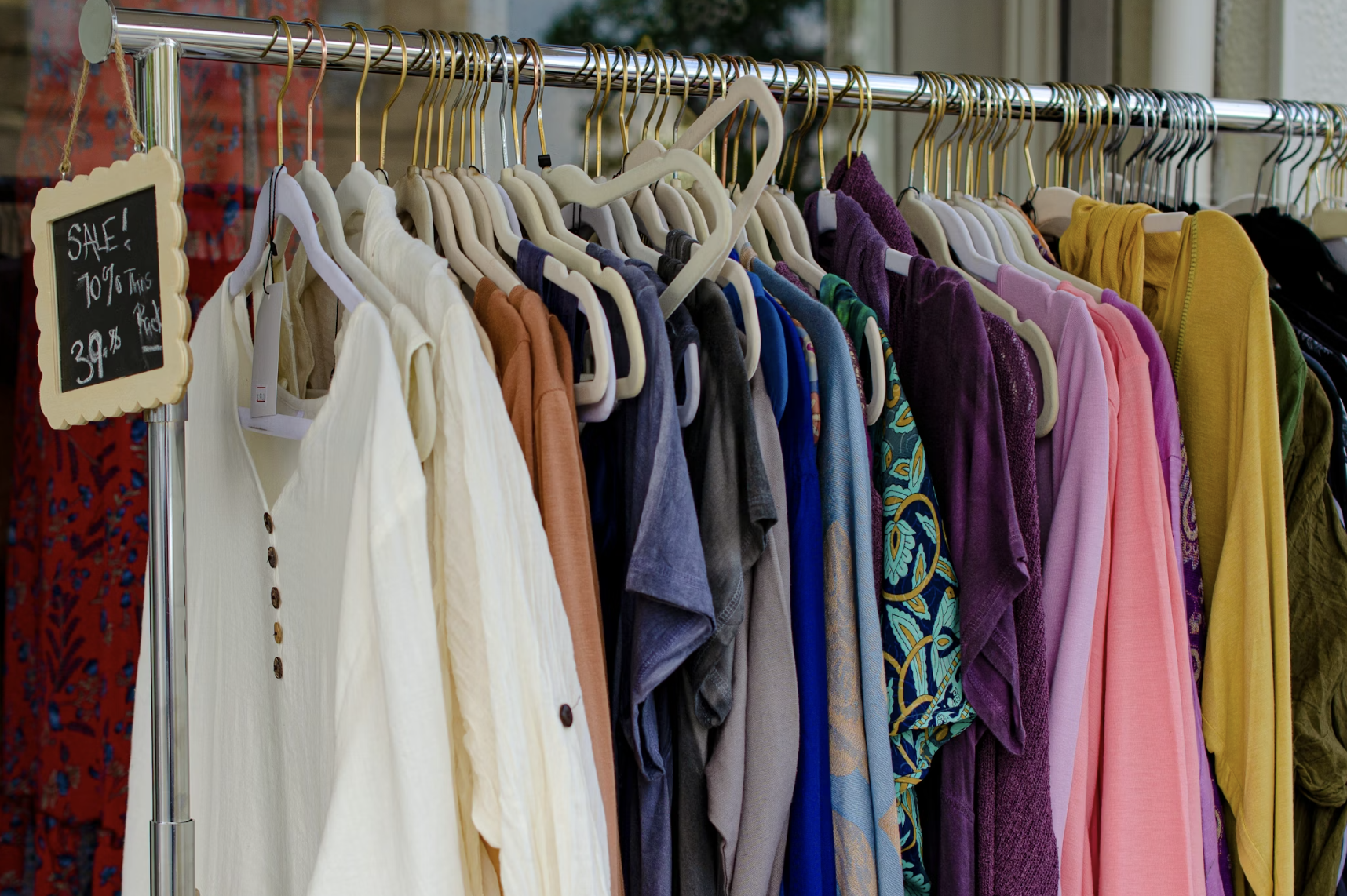The Hard Truth About Plastic Recycling

Join the community





Thanks to all the environmental campaigns, advertisements and school education, many of us have been diligently putting plastic waste in the recycling bin. While we are playing our part in recycling, a very small fraction of plastic actually gets recycled. According to a 2022 report by Greenpeace, only 5-6% of plastic transformed into new items in the U.S.
Until 2018, the U.S. exported a lot of our plastic waste to China, but the Chinese government banned its import. Since then, plastic has piled up at processing facilities or these facilities send it to landfills.
Now that the U.S. and other countries are left to deal with their own plastic waste, the glaring issues in our breakneck plastic production and recycling infrastructure are even more prevalent.
Dirty plastic cannot be recycled
Suppose you put an empty plastic jar of peanut butter in the recycling bin. You rinse it before putting it in the bin, but some food residue remains in the jar. While that plastic can technically recycle it, facilities have to deal with such high volumes, that many mayreject that plastic and send it to a landfill or an incinerator. Many curbside recycling facilities can only recycle good quality, clean plastics.
Recycled plastic is of lower quality than new plastic
Even though different plastics may look similar from the outside, they are made of different combinations of polymers, additives, and colorants. In fact, there are dozens of types of plastics.
There aren’t many products that can be made from a mix of recycled plastics, so using these recycled materials requires diligent sorting. Even in countries that use high-tech sorting, plastic degrades after a couple uses, so recycled plastic is considered lower quality than virgin plastic. Many manufacturers are not interested in using the downgraded version of plastic, which leads to low demand for recycled plastics.
It’s cheaper to buy new plastic than recycled plastic
Plastic recycling involves several steps including collecting, sorting, transporting, and reprocessing plastic. All these steps increase the cost and make the process expensive. Also, recycling is an energy-intensive process. In countries where the cost of electricity is high, the difference in cost between new and recycled plastic is even greater. On the other hand, the petrochemical industry which provides the raw material for plastic is rapidly expanding, bringing down the cost of new plastic even more. This makes it easier and more cost-effective for manufacturers to opt for new plastic instead of recycled materials.
How can we ensure that our plastic waste is recycled?
We understand that this is discouraging to know that everything in your recycling bin is not destined for a second life, and it’s also discouraging to see them breaking down into microplastics. But don’t lose hope. There’s a lot that we can do to reduce the ocean-bound plastic:
- To increase the likelihood of recycling, try to stick to recycling plastics that are numbered 1 and 2. These have the highest recycling rates.
- Avoid plastic films (often plastic #4). Many cities don’t accept these because they get stuck in sorting machines and cause delays in production, plus they’re not very valuable for recycling.
- If you do get a plastic bag, reuse it as much as possible. When it’s time to dispose of it, look a store near you for dropoff recycling.
- Empty and rinse containers before putting them in the bin to ease the burden on recycling facilities.






.png)




